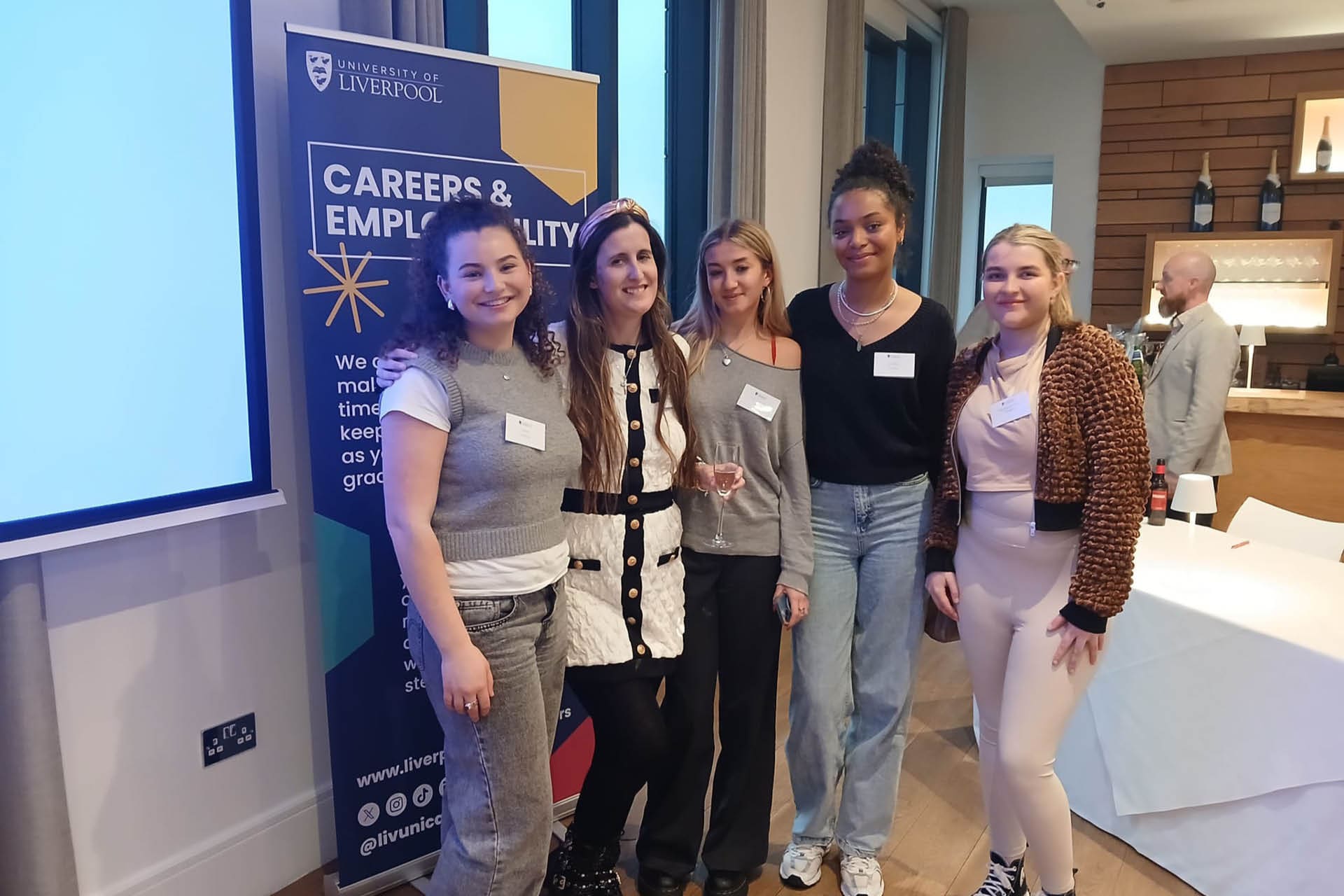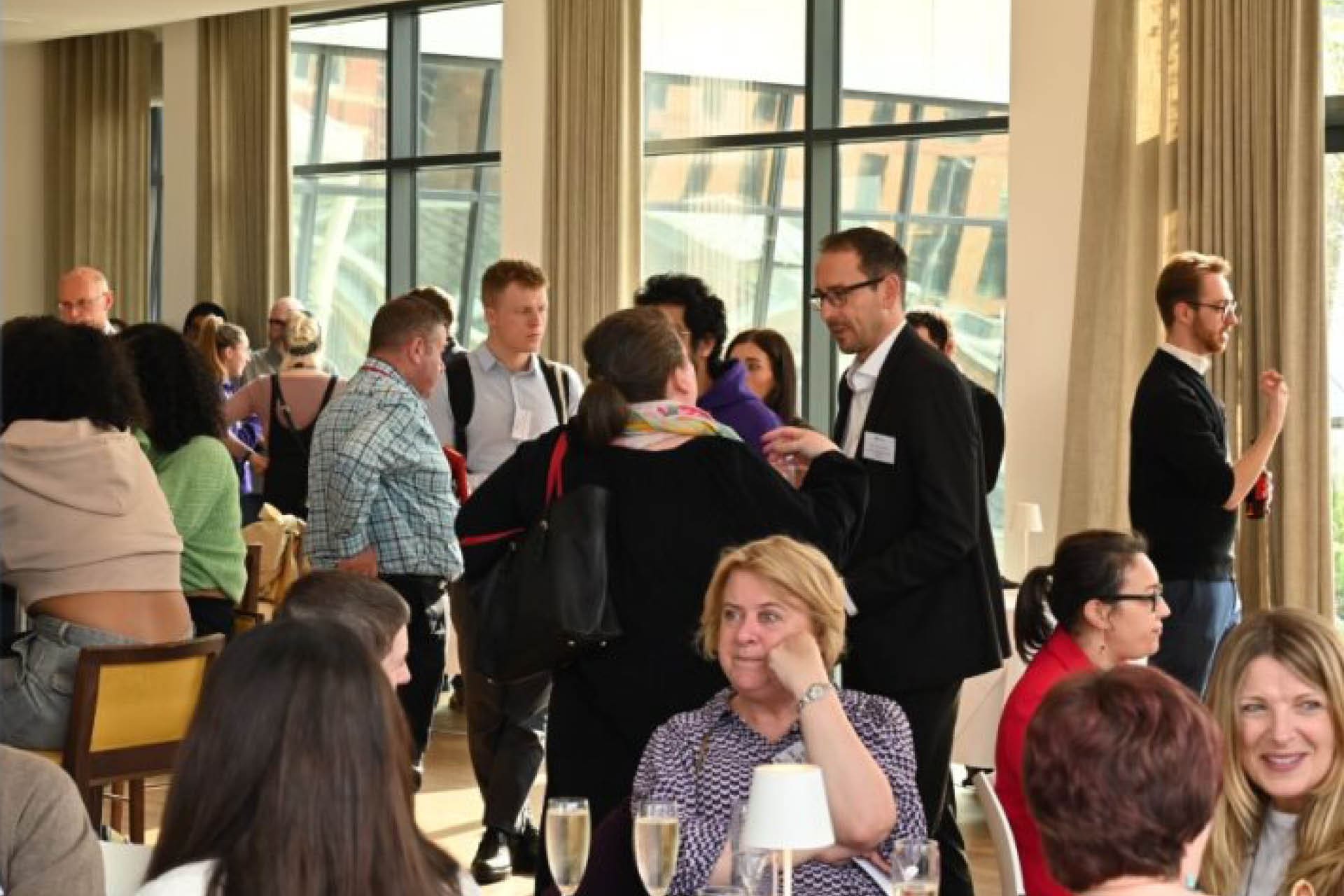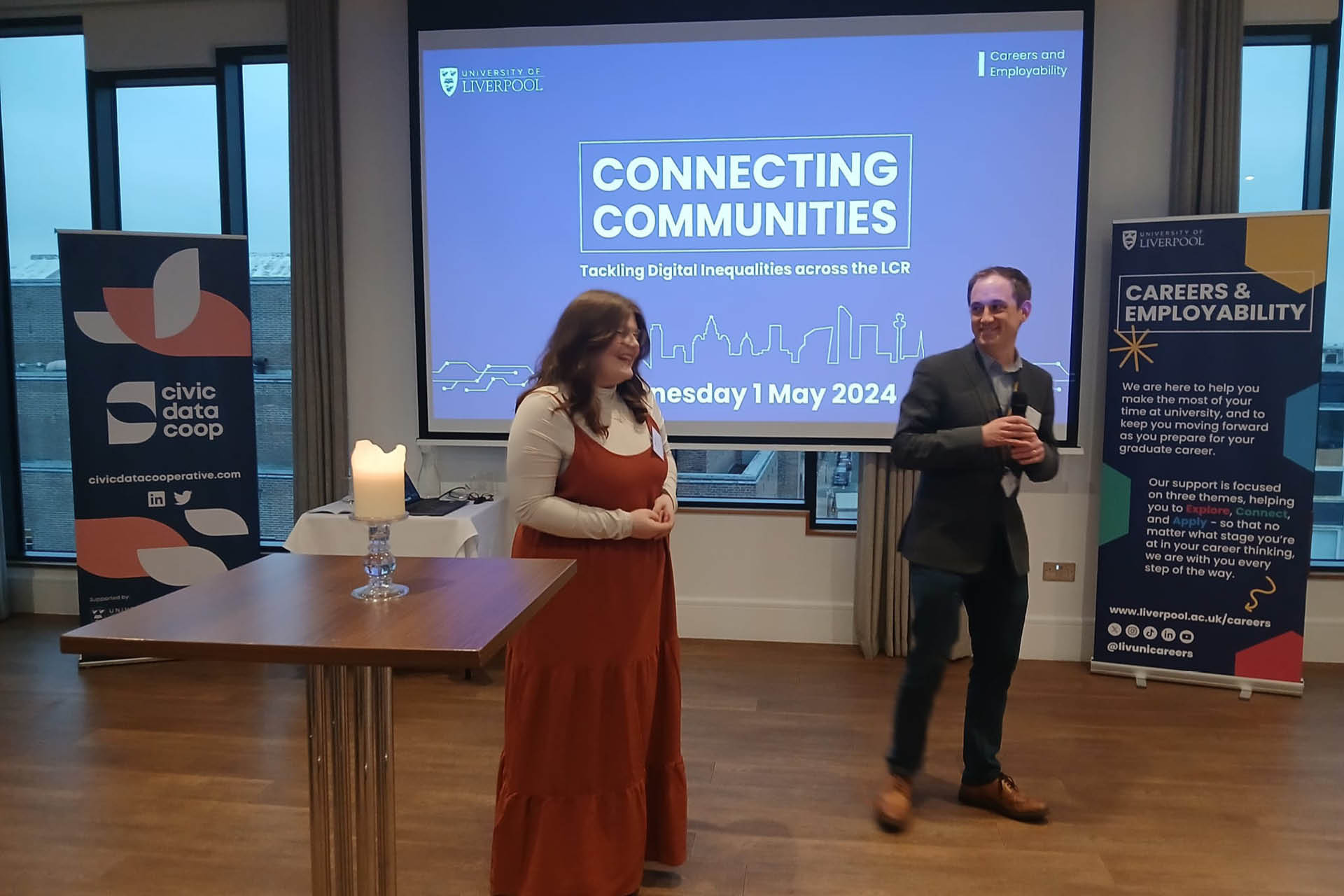Studying Society and Collaborating with External Partners
Posted on: 23 August 2024 by Dr Gemma Ahearne in Blog

The 2023/24 academic year marked a significant shift in the delivery of the SOCI106: Studying Society module. This module, a cornerstone for first-year sociology students, embraced an innovative approach with four distinct strands: research methods, critical study skills, community and belonging, and embedded employability.
In semester two, 272 students on the module were set a challenge by the Civic Data Coop: to research digital inequalities in the Liverpool City Region. This task aligned perfectly with the university's Strategy 2031, which emphasises close collaboration with the local community. We are very grateful to Professor Iain Buchan, Eleanor Fielding, Chantelle Murphy of the CDC, and Rob Benson and Tara Jussa of Liverpool Combined Region Combined Authority. Their insights and expertise were invaluable.
Bridging Academia and the Community
The module also benefited from the contributions of esteemed colleagues, including Professor Simeon Yates, Professor Calum Semple, and Professor Lucy Easthope. Professor Yates, in particular, played a crucial role in helping students appreciate the significance of sociologists in analysing data and posing the critical questions that drive societal progress.
To tackle the challenge, students primarily worked in groups, though individual work was also an option to ensure accessibility. They were tasked with identifying a social problem using both qualitative and quantitative data, devising an intervention, service, or product as a solution, and critically reflecting on the feedback they received. The results demonstrated our students' ability to apply their learning to real-world issues.
Fostering Community and Support
One of the module's successes was in fostering a sense of community among students. It's well known that many students struggle to form connections within their courses. By incorporating peer-learning in small groups and study pods, we saw a noticeable boost in confidence and engagement. Attendance data highlighted the high numbers of students attending class, a testament to the supportive environment we aimed to create.
Our collaboration with the student support team was instrumental in identifying and addressing any issues or barriers students faced. We worked closely with Clodagh Dunne from the Money and Guidance Team to break down the stigma associated with poverty. As someone who has personally experienced this, it was particularly important to me that students from similar backgrounds felt supported. We offered students the opportunity to visit a food pantry, providing them with a tangible example of applied social research in action. They were able to observe how the service identified a problem, evaluated existing services, and reflected critically on their work. This hands-on experience resonated deeply with the students.
Celebrating Student Achievement
On 1 May 2024, we hosted a live pitch and celebration event at Hope Street Hotel, made possible by £5000 in funding from the CDC. The event was a resounding success, with 150 guests in attendance, including students, colleagues from across the university, external industry partners, and representatives from other universities in the Liverpool City Region. The event was a proud moment for us, showcasing our students' skills, ideas, and potential. The winning students were awarded summer internships, further cementing the module's commitment to employability.
You can read more about the event in our news story and watch a video of the event here.

Broader Impact and Future Directions
The impact of this module extends far beyond the classroom. On 8 May 2024, I was invited to speak at the British Sociological Association's Pedagogical Practices and Possibilities event, and on the same day, the module's approach was shared by the Digital Inclusion Network in the Liverpool City Region. Later in May, our approach was shared with the Chief Scientific Officer of the Department for Culture, Media, and Sport (DCMS). This innovative approach will be carried forward within the Liverpool Learning Framework.
We are inspired by the many staff across the university, country, and globe who are working in similar ways. A recent visit from Professor Gavin Yamey of Duke University, USA, highlighted the potential for adapting the Duke Bass Connections Programme to our own COIL (Collaborative Online International Learning) programmes.
In a post-pandemic world, as Professor Lisa Anderson and I argued in WonkHe, it is crucial to build community within the curriculum. This requires a holistic approach that values all staff, particularly practitioners and professional services colleagues, working alongside academic staff in the design and delivery of modules. We are fortunate at Liverpool to have such talented and knowledgeable colleagues.

Acknowledgements
We were delighted to work so closely with our subject librarian Kate Murray, who has been a friend and teacher to the module. We designed and developed our activities with our Careers and Employability team, in particular, Moira McCaul, Matt Jones, Lib Golding, Oliver Norris. We are also thankful to Iwan Williams and Darren Siggers and look forward to continued working relationships.
I am particularly grateful to Eddie Wei, who has been the most supportive module co-leader that I could have hoped for. We were commended for Innovation of the Year at the staff awards, 2024. Thank you to all who made this experience possible.
Dr Gemma Ahearne is Senior Lecturer in Criminology, and Faculty Lead for Community and Belonging. She was a working group lead for Curriculum Project and sits on the development group for Liverpool Learning Framework (LLF). Gemma is interested in student experience, widening participation, pedagogy, and has 12 years’ experience in HE, and 22 years’ experience of the sex industry and sexual exploitation.
Follow Gemma on Twitter/X: @princessjack
Keywords: student, learning, partnership, development, teaching.